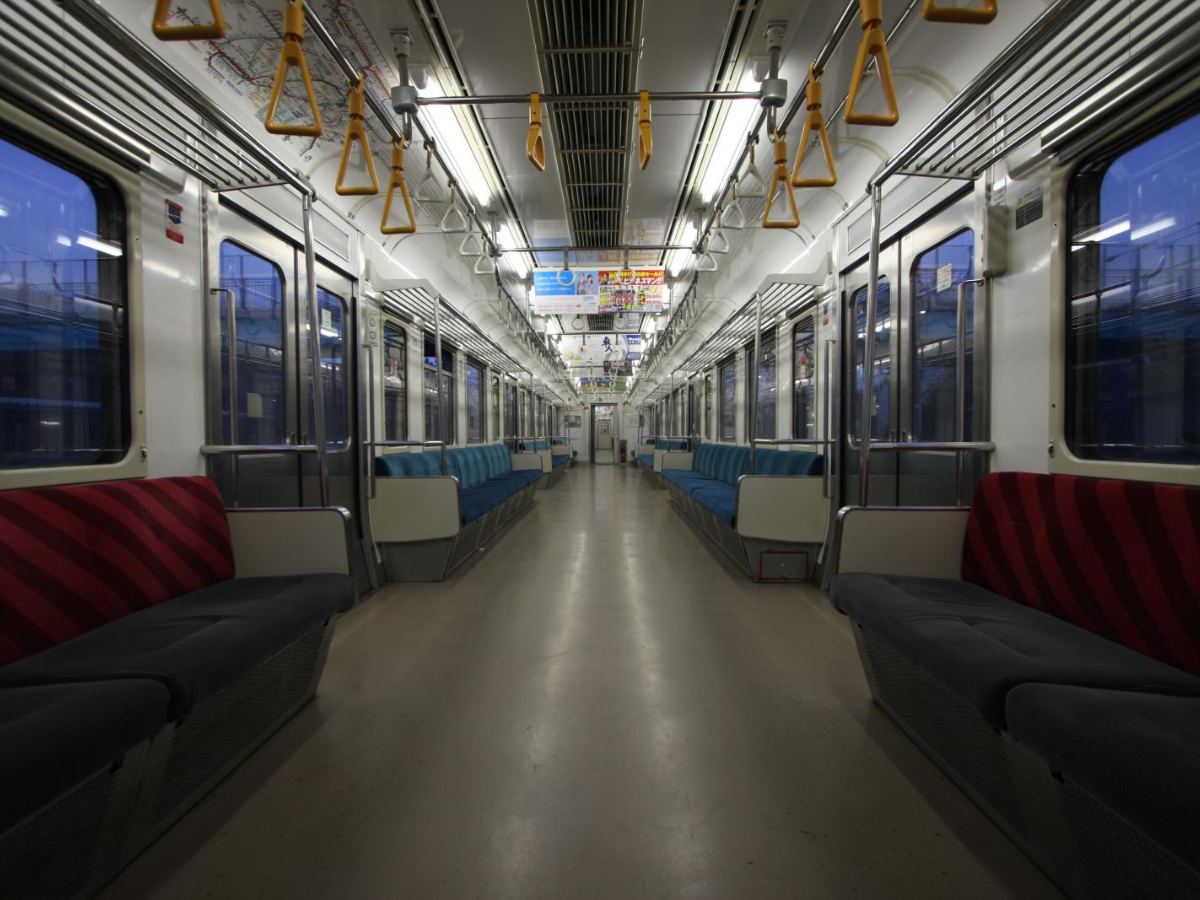
Source: Flickr/Nikita
Empty trains caused by COVID-19 mean changes to JR timetables in Tokyo & Kansai
- Tags:
- coronavirus / COVID-19 / Japan / Trains / Travel
Related Article
-

Enjoy A Meal With Domo-Kun At The DOMO Diner In Yokohama!
-

Service matches restaurants struggling in lockdown with jobless staff
-

Store your pirate treasure in this lineup of fashionable One Piece mis zapatos bags
-

Photographer Davide Sasso Shows Off The Surreal Charm Of Nighttime Tokyo
-

Chinchilla Has Adorably Soothing Reaction To Being Brushed
-

Hokusai-Inspired Watch Is Seiko’s New, Lavish, Very Expensive Timepiece


COVID-19 has caused mass changes across the globe, from the rapid digitalisation of services, to the large switch from office life to remote work. One of the latest changes to the system is an alteration to JR East train schedules in the Tokyo Metropolitan area.
Set to take place from next spring, the change to the timetables will see all JR East trains within the metropolitan area of Tokyo shorten their timetable by about 30 minutes.
The change comes about as the number of riders has understandably decreased during the pandemic leading to a smaller demand for trains (according to JR East, the number of passengers riding from Okachimachi station to Ueno station on the Yamanote Line during the midnight hours has fallen by 66% since last year).
Targeted routes in the Tokyo Metropolitan area include the Yamanote Line, Chuo Line and Sobu Line. The shortened timetable means that the final arrival time of each train will be around 1:00am.
Not only does the change come about due to the lack of late-night riders, but also because JR East wants to improve working hours for railway maintenance and inspection, that takes place on the tracks after the last train.
Currently it is difficult for the company to secure maintenance workers due to the irregular working hours. By shortening the timetable of the trains, JR East hopes that the working environment will improve for it’s night workers. The company is also considering delaying the morning departure time of a number of routes with the same reasoning.
According to NHK news, Yuji Fukasawa (President of JR East) stated “We believe that the number of railway users will not return to normal even after the risk of infection has subsided. The lack of workers necessary to maintain the railway lines is also a serious issue that we are trying to solve. I ask all users to understand our decision behind the changes.”
The new timetable is currently being discussed by JR East and will be announced next month.
Similar decisions are also being considered by JR West and JR Kyushu. Train lines under consideration for change include urban trains in Fukuoka, as well as the Osaka Loop Line, Kobe Line and Kyoto Line in Kansai.
Although any remaining late-night riders will not be too pleased by the changes, other riders will be happy to hear that JR East is planning to reduce the number of riders during commuting hours. The measures put in place will include a special shopping points system for Suica card holders who avoid the peak hours. Users will be able to use the points at shops and department stores in or near stations.
Additionally, JR East is considering issuing a new type of commuter pass that will be cheaper during off-peak hours.
Though other lines such as Tokyo Metro, Tokyu Lines and the Odakyu Line have not yet announced any upcoming changes, with the current uncertainty we can expect sudden decisions to happen at any moment.